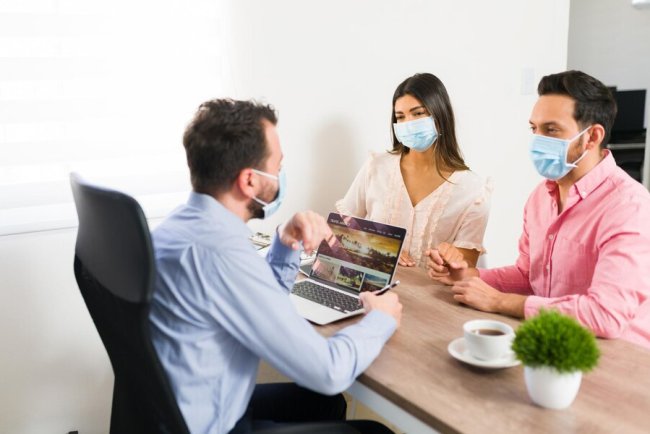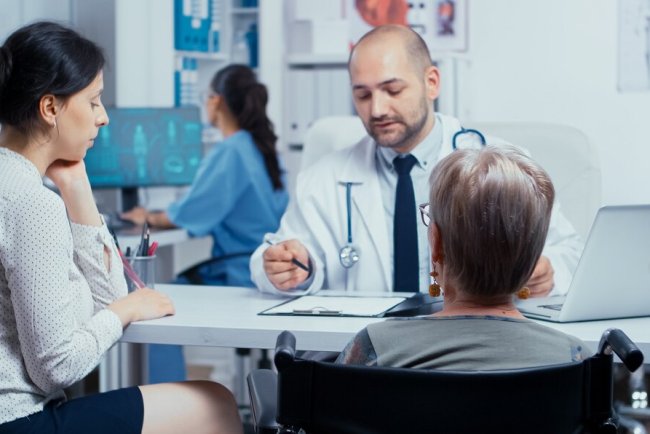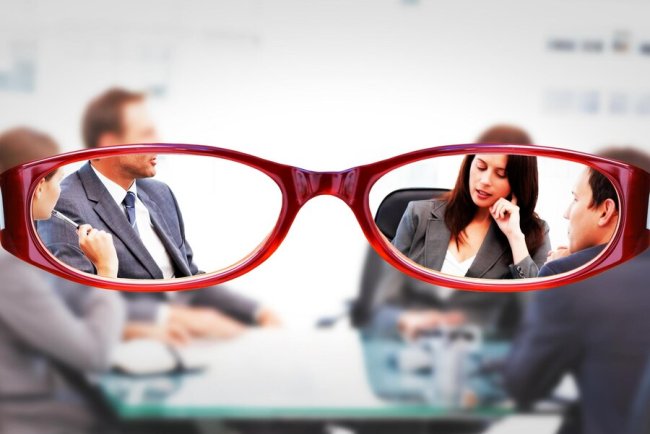Here’s What to Do Immediately After You Fall
Learn what to do immediately after a fall: assess your condition, stay calm, seek help, get up safely, and seek medical attention if needed. Plus, tips to prevent future falls.

Falls can be alarming and potentially dangerous, whether they occur at home, work, or while out and about. Knowing how to respond immediately after a fall can make a significant difference in your recovery and help prevent further injury. This article provides a comprehensive guide on what to do right after a fall, covering the steps to assess and manage your situation effectively.
Assess Your Condition
The first step after a fall is to assess your condition to determine whether you need medical assistance. Take a moment to evaluate how you feel:
-
Check for Pain: Pay attention to any pain you might be experiencing. Focus on specific areas of your body that hurt or feel unusual. This includes your head, neck, back, arms, and legs.
-
Evaluate Your Movement: Try to move your limbs gently. If you experience severe pain, difficulty moving, or if you feel weak or unsteady, it might be an indication of a more serious injury.
-
Look for Obvious Injuries: Examine yourself for visible injuries such as cuts, bruises, or swelling. Take note of any areas where your skin appears damaged or where you feel tenderness.
Stay Calm and Avoid Moving Too Quickly
Staying calm after a fall is crucial for assessing your condition accurately and making safe decisions:
-
Take Deep Breaths: Calm yourself by taking deep breaths. This can help reduce anxiety and prevent further injury caused by panic or sudden movements.
-
Avoid Immediate Movement: Resist the urge to get up quickly. Sudden movements can exacerbate injuries, especially if you have a potential fracture or other severe injury.
-
Assess Your Surroundings: Look around to ensure that there are no additional hazards around you that could cause another fall or injury. Make sure you’re in a safe location.
Seek Help
Depending on the severity of your condition, you may need assistance:
-
Call for Help: If you feel unable to get up on your own or if you are in severe pain, call for help immediately. This could be a family member, friend, or emergency services if necessary.
-
Use a Phone or Alert System: If you have a phone or an emergency alert system, use it to call for help. If you have a medical alert device, activate it to notify emergency responders.
-
Inform Others: If you are in a public place or at work, let someone know about your fall so they can provide assistance or call for help on your behalf.
Get Up Safely
If you feel capable of getting up, follow these steps to do so safely:
-
Roll to Your Side: Gently roll onto your side to prepare for getting up. This can help you avoid straining your back or neck.
-
Push Up with Your Arms: Use your arms to push yourself up into a sitting position. Keep your legs bent and your feet flat on the ground for stability.
-
Slowly Move to a Chair: If possible, move to a nearby chair or sturdy surface to help you stand up. Place your hands on the chair for support as you lift yourself up.
-
Stand Up Carefully: Once you are in a seated position, use the chair or surface to stand up slowly. Keep your weight centered and avoid sudden movements.
Seek Medical Attention if Needed
Even if you feel okay after a fall, it’s essential to consider seeking medical attention to ensure that you haven’t sustained any serious injuries:
-
Consult a Healthcare Professional: If you experience persistent pain, difficulty moving, or any unusual symptoms, consult a healthcare professional. They can perform a thorough examination and provide appropriate care.
-
Get an Evaluation: For older adults or individuals with pre-existing health conditions, it’s crucial to get evaluated after a fall. Falls can lead to complications or indicate underlying health issues.
-
Follow-Up Care: If you receive treatment, follow your healthcare provider’s recommendations for follow-up care and rehabilitation to ensure a complete recovery.
Prevent Future Falls
Taking steps to prevent future falls is crucial for maintaining safety and health:
-
Assess Your Environment: Identify and address potential fall hazards in your home or work environment. This can include removing tripping hazards, improving lighting, and installing grab bars in bathrooms.
-
Improve Your Balance and Strength: Engage in exercises that enhance your balance, strength, and flexibility. Physical therapy or exercise programs designed for fall prevention can be beneficial.
-
Use Assistive Devices: If necessary, use assistive devices such as canes or walkers to help with stability and mobility. Consult with a healthcare professional to determine the best options for your needs.
FAQ
What should I do if I feel dizzy or disoriented after a fall?
If you feel dizzy or disoriented after a fall, stay seated or lie down to avoid further injury. Seek medical attention as soon as possible to evaluate your condition and determine if there is an underlying issue causing these symptoms.
How can I safely get up after a fall if I’m alone?
To safely get up after a fall if you’re alone, first check for any pain or injuries. Roll onto your side, use your arms to push yourself into a sitting position, and then slowly use a nearby chair or surface to stand up. Move carefully to avoid exacerbating any injuries.
When should I seek medical attention after a fall?
Seek medical attention after a fall if you experience severe pain, difficulty moving, persistent dizziness, or if you have any visible injuries. It’s also important to consult a healthcare professional if you have underlying health conditions or if you’re unsure about the extent of your injuries.
How can I prevent falls in the future?
To prevent future falls, assess and address potential hazards in your environment, improve your balance and strength through exercises, and use assistive devices if needed. Regularly review and adjust your fall prevention strategies based on your health and living conditions.
Are there any specific exercises to help prevent falls?
Yes, exercises that focus on balance, strength, and flexibility can help prevent falls. Activities such as tai chi, balance training, strength training, and stretching exercises are beneficial. Consult with a healthcare professional or physical therapist for personalized recommendations.
What should I do if I have difficulty moving or severe pain after a fall?
If you have difficulty moving or severe pain after a fall, avoid moving too much and seek medical attention immediately. Call for help if necessary and wait for assistance while remaining as still and comfortable as possible.
Can a fall indicate a serious underlying health issue?
Yes, a fall can sometimes indicate a serious underlying health issue, especially in older adults or those with pre-existing conditions. It’s important to get a thorough evaluation from a healthcare professional to rule out or address any potential health problems.
How can I ensure my home is safe and fall-proof?
To make your home safer and reduce fall risks, remove tripping hazards, improve lighting, use non-slip mats, install grab bars in bathrooms, and ensure that all walkways and stairs are clear of obstacles. Regularly assess your home for potential hazards and make necessary adjustments.
What should I do if I experience a fall while traveling or in public?
If you fall while traveling or in public, assess your condition and seek help if needed. Use your phone or emergency alert system to call for assistance, inform those around you, and get medical evaluation if you experience pain or other symptoms.
Are there any resources available for fall prevention and support?
Yes, there are various resources available for fall prevention and support, including local fall prevention programs, community health services, and organizations that offer guidance on home safety, exercise programs, and assistive devices. Consult with healthcare professionals for recommendations specific to your needs.
Knowing how to respond immediately after a fall can significantly impact your recovery and overall well-being. By assessing your condition, staying calm, seeking help, and taking steps to prevent future falls, you can ensure a safer and healthier lifestyle. Always prioritize your health and safety, and don’t hesitate to seek medical assistance if needed.
What's Your Reaction?



















